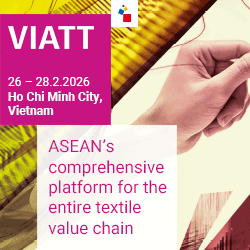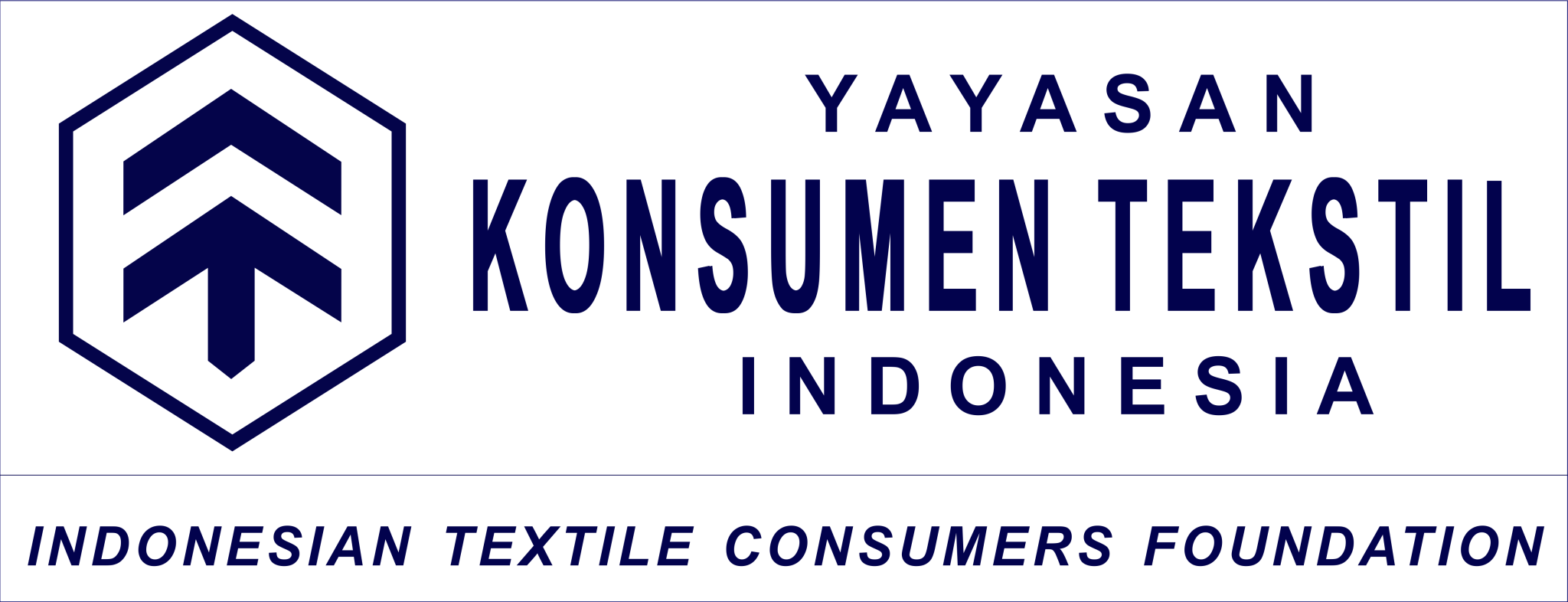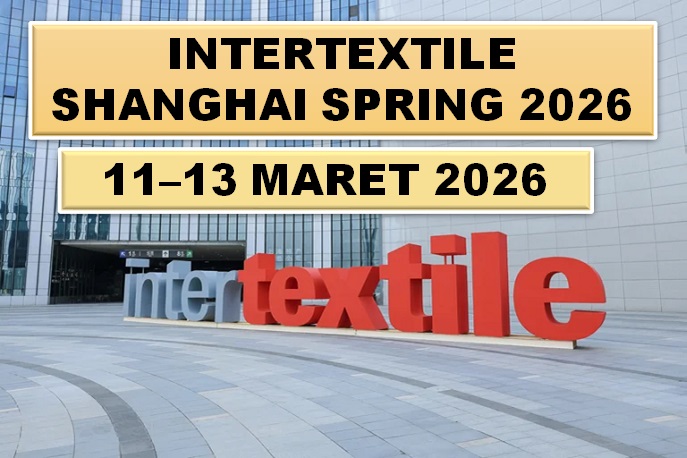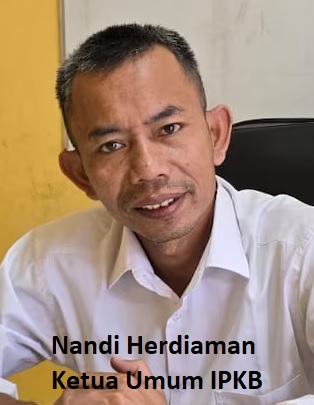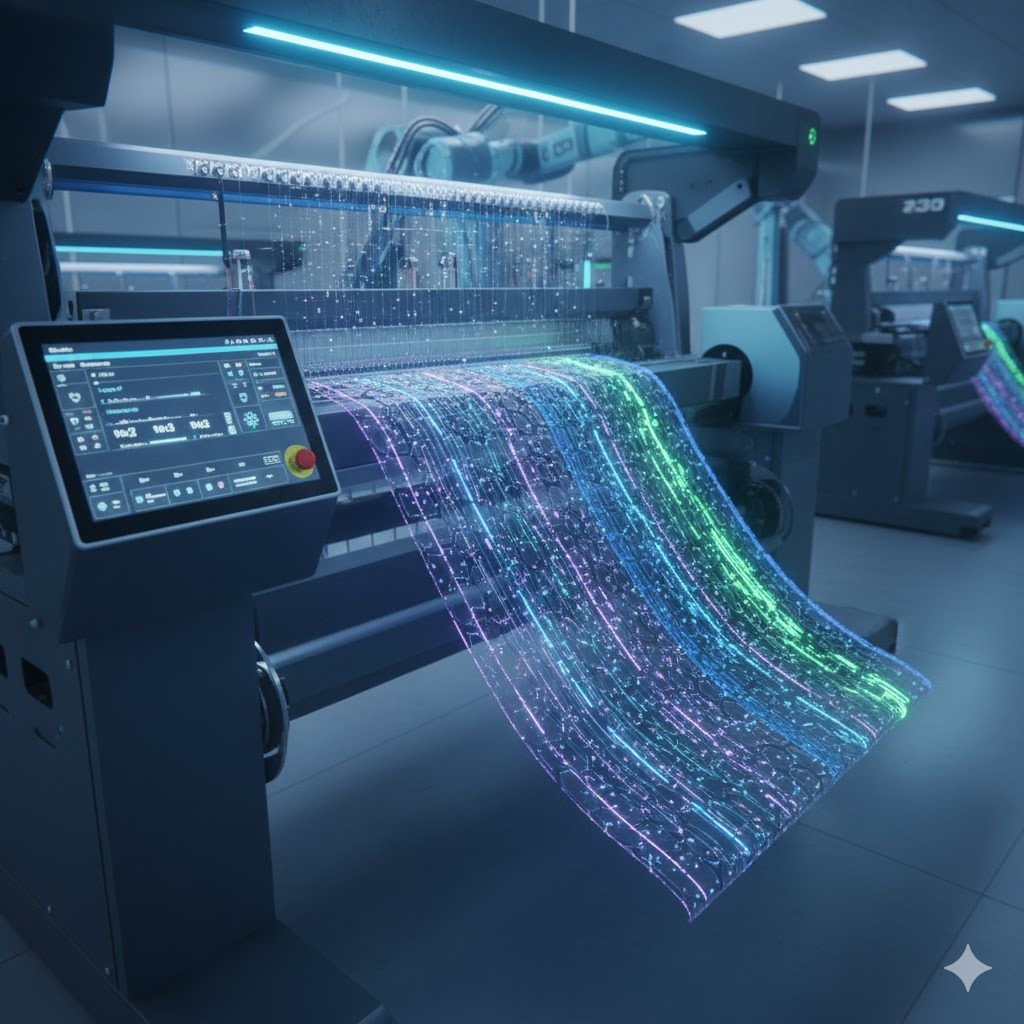Pusat Pelaporan dan Analisis Transaksi Keuangan (PPATK) mengungkap adanya temuan signifikan di sektor perdagangan tekstil terkait dugaan penghindaran kewajiban perpajakan dengan nilai fantastis. Dalam catatan capaian strategis sepanjang 2025, PPATK mencatat adanya indikasi penyembunyian omzet hingga Rp12,49 triliun melalui penggunaan rekening karyawan maupun rekening pribadi.
Sidang sengketa kerja sama jual beli bahan tekstil di kawasan Tanah Abang kembali digelar di Pengadilan Negeri Jakarta Timur pada Selasa (27/1/2026). Agenda sidang kali ini berfokus pada pembuktian melalui pemeriksaan saksi dari pihak para tergugat dalam perkara Nomor 492/Pdt.G/2025/PN.Jkt.Tim.
PT Dynic Textiles Prestige menjadi salah satu pelaku penting dalam industri manufaktur tekstil nasional, khususnya pada segmen material non-woven untuk komponen interior otomotif. Beroperasi di kawasan industri Cikarang, Bekasi, perusahaan ini memproduksi berbagai komponen seperti plafon mobil, karpet interior, dan jok kendaraan yang dipasok ke sejumlah pabrikan otomotif besar di Indonesia.
PT Trisula Textile Industries Tbk. (BELL) mengungkapkan faktor utama yang mendorong lonjakan harga saham perseroan hingga ratusan persen sejak awal tahun. Manajemen menilai sentimen positif pasar dipicu oleh pemberitaan terkait rencana pemerintah menyiapkan dana besar untuk menopang dan membangkitkan industri tekstil nasional.
Wacana pembentukan Badan Usaha Milik Negara (BUMN) khusus sektor tekstil kembali mencuat seiring langkah pemerintah menyusun ulang peta jalan industri tekstil nasional. Di tengah kondisi industri yang terus mengalami kemerosotan, pemerintah menargetkan peningkatan ekspor produk tekstil hingga US$40 miliar dalam 10 tahun ke depan. Salah satu strategi yang disiapkan adalah membentuk BUMN tekstil baru dengan dukungan modal besar.
Page 2 of 133

